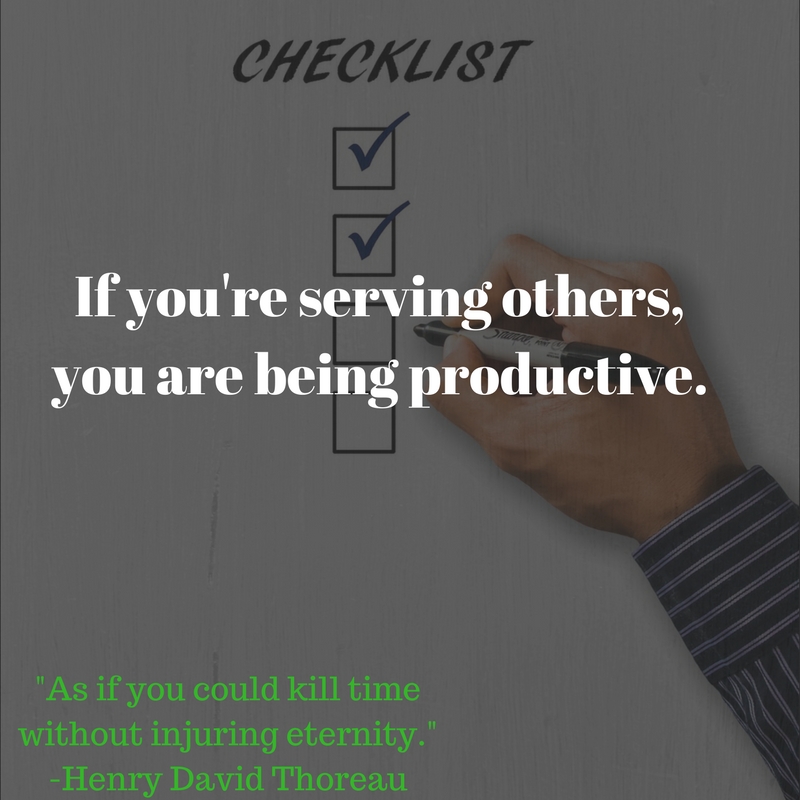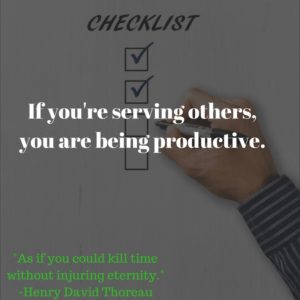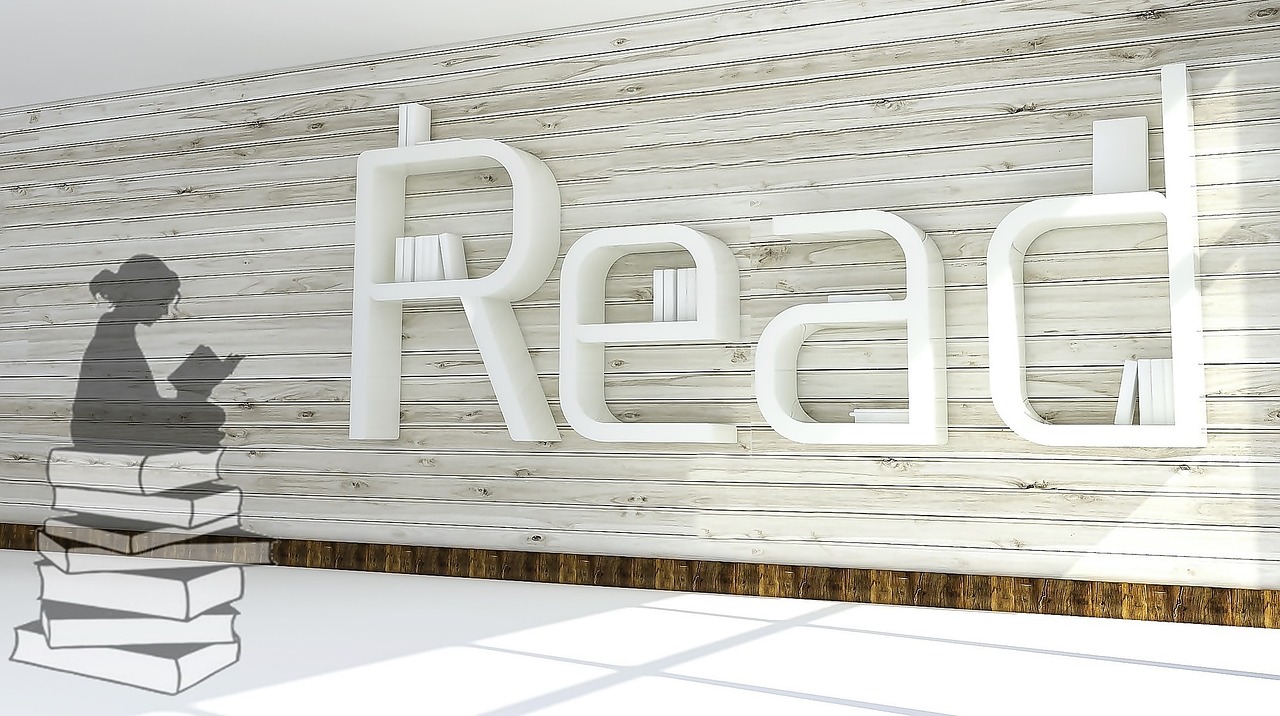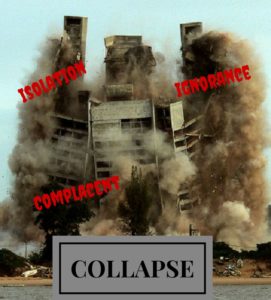Today I’m really just asking questions and exploring as I’m facing some mystery in my life. We’re repeatedly handed incomprehensible situations, both intellectually and emotionally and I don’t get it. How are we supposed to respond? Are we to tirelessly seek answers and dive head first into informational research? Or, are we to “Be still” and hope understanding is revealed? Evenmore, are we to put on a gritty smile and be alright without full understanding? Mystery can only be brewed with an intricate complexity. Through mystery we gather perspective. Through mystery we clarify the truths of this world. As a result, a long term result, a refined belief system is gained. I hope.
Talk about a practice of critical thinking! Talk about developing a state of mindfulness!
More Feelings, Ugh
I do know that we’re given emotion and it shows up in times of mystery. So when we’re talking about learning through inquiry and wonder, there emotion will be. Usually it’s not a gentle, calm peace that shows up either. I’m not feeling a quiet peace when I struggle to find answers and can’t even determine a purpose in a situation. Instead rushing in unannounced is betrayal, anger, frustration, and resentment. We must not judge the emotional response of the learners around us. Honest emotion is always legitimate. For me judgement is a real temptation that I try to fend off daily. How appealing does learning through conflict appear now?
Treasure the struggle, for we’re sifting the clutter while revealing truths. While sifting, emotional intelligence is developing, at least I hope it is. How uncomfortable it is to be in the sifter. The coarseness of each gritty grain chafes. A new fresh foundation of skin is revealed through the soreness. Those humans who have chosen to grow from the deconstruction in their lives are the beautiful ones. Mysterious circumstances can blow over our house of cards in a moment. That same house we spent years constructing. The best learners have found their foundational truths through conflict and continue to lay bricks upon it. Bricks are not made out of the question “Why?”. We judiciously mold our bricks by selfless listening and claiming a lack of understanding.
Sitting In Struggle
The progressive student maintains the same solid approach to learning. Humility and reverence for the sovereign creator is our path forward. Whether trudging through a murky swamp of fog or basking in a sunrise with 25 miles of visibility. Here lies the beauty of a community of learners, being exposed to a variety of terrains in a moment. I’m also realizing we don’t have to be ready to move forward on the path. It doesn’t mean we’re stagnant. At certain points on our journey it’s necessary to stop and take in everything around us, to listen and respond to the perspective and feelings of others. This is the humility that allows God to determine our path. I’ve tried to bushwhack a path of my choice using only my dull machete. After clearing a narrow trail for my own selfish desires, I found it leads to an impassible dead end filled with isolation and offering no available resources nearby. Humility offers the trail of insight, connections, and resources.
Attempt to embrace the struggle and the emotions of others in love, for we are mercifully loved!








 nce
nce